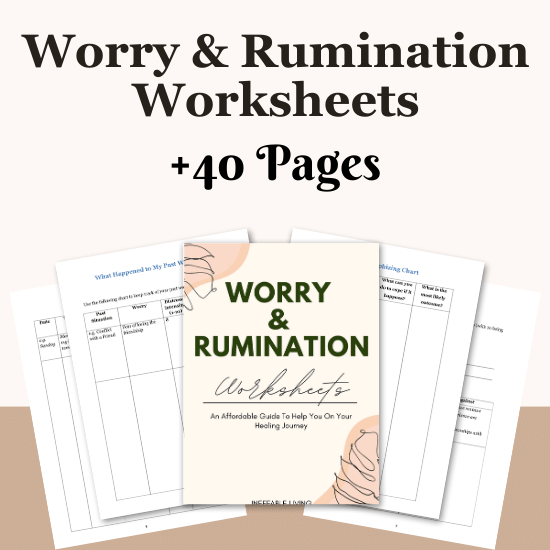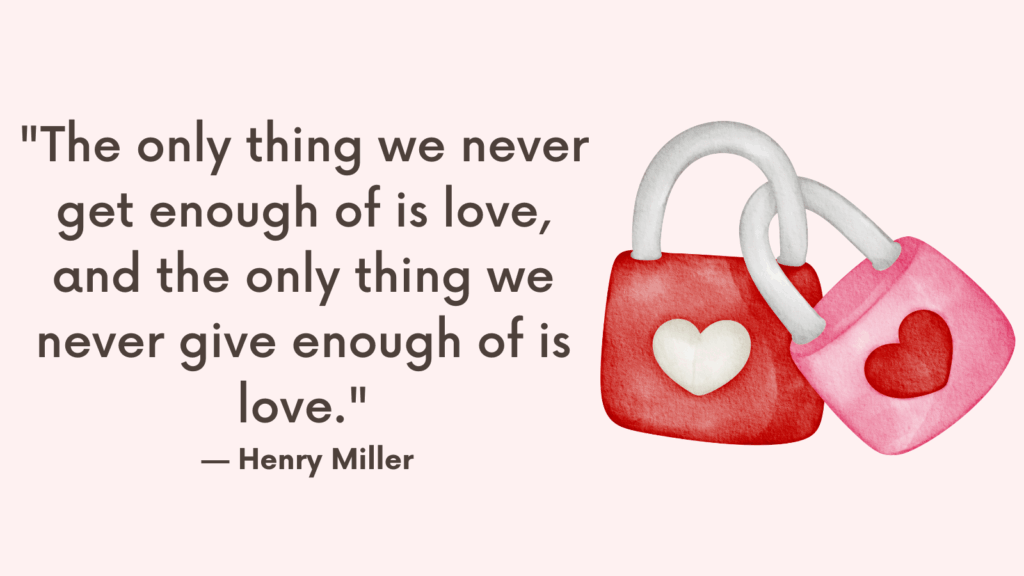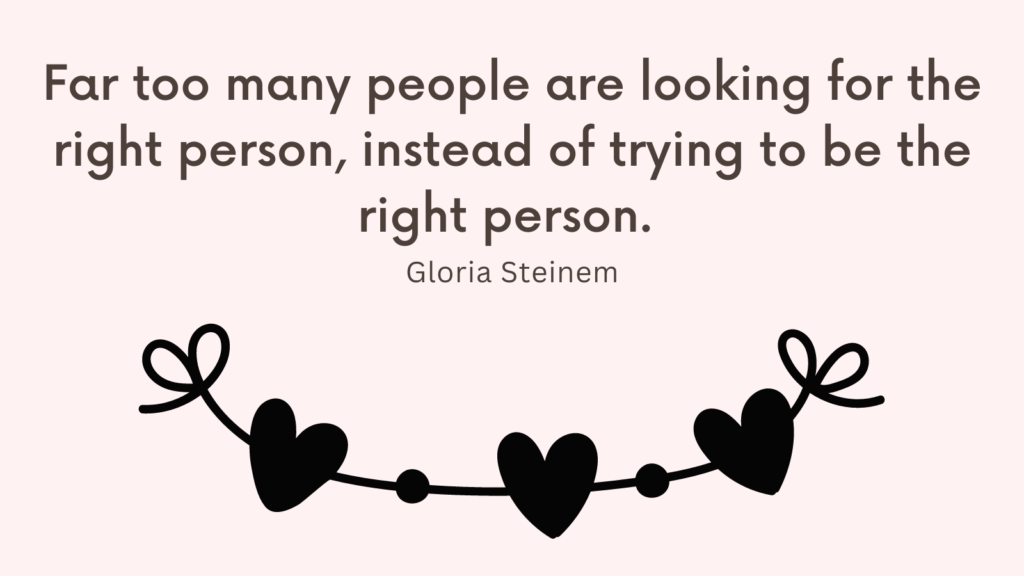In this post, you’re going to learn how to cope with the fear of losing someone you love.
Is A Fear of Losing Someone You Love Normal?
The fear of losing someone you love is a common and natural human experience.
This fear stems from our deep emotional connections and attachment to those we hold dear.
It is a fundamental aspect of our relationships and can be triggered by various factors such as past experiences of loss, feelings of insecurity, or the awareness of the inevitable impermanence of life.
The fear of losing a loved one may manifest in different ways for different individuals.
Some may experience heightened anxiety, intrusive thoughts, or a pervasive sense of unease, while others may feel a deep sense of sadness or even a longing for constant reassurance and proximity to their loved ones.
These emotional responses are deeply rooted in our need for connection, belonging, and security.
It is important to recognize that while this fear is part of the human experience, it can become overwhelming and detrimental if not addressed in a healthy manner.
Excessive fear of losing someone can lead to heightened stress, emotional instability, and may impact one’s ability to engage in fulfilling activities or form new meaningful relationships.
Related: Is It ROCD Or Am I Not In Love? Top 4 Powerful Ways to Overcome Relationship Anxiety And ROCD
What Causes Fear of Losing Someone You Love?
1. Attachment and Bonding Experiences
One of the primary causes of the fear of losing someone you love is rooted in attachment and bonding experiences.
During early childhood, individuals develop attachment styles based on their interactions with primary caregivers.
These attachment styles, as described by psychologist John Bowlby, can significantly influence how individuals form and maintain relationships throughout their lives.
A secure attachment style typically leads to a sense of security and trust in relationships, while insecure attachment styles may manifest as anxieties about abandonment and loss.
2. Past Experiences of Loss or Abandonment
Past experiences of loss or abandonment can profoundly impact an individual’s fear of losing someone they love.
Traumatic experiences, such as the death of a loved one, parental divorce, or separation from a caregiver, can leave lasting emotional scars and hypersensitize individuals to the potential of future losses.
These past experiences may create a heightened awareness of vulnerability and trigger fears of recurrent loss, leading to anxiety and distress within current relationships.
Related: How To Heal Abandonment Issues? Top 15 Powerful Strategies For Fear of Abandonment Healing
3. Control and Vulnerability
The fear of losing someone you love can also be influenced by feelings of control and vulnerability.
Human beings have an innate desire for security and predictability in their lives.
When faced with the prospect of losing a loved one, individuals may experience a profound sense of powerlessness and lack of control over the situation.
This loss of control can contribute to heightened levels of fear and anxiety, as individuals struggle to reconcile their desire for stability with the unpredictable nature of life and relationships.
4. Insecurity and Low Self-Esteem
Underlying feelings of insecurity and low self-esteem can exacerbate the fear of losing someone you love.
Individuals who struggle with low self-worth may attach a disproportionate level of importance to their relationships, fearing that the loss of a loved one would shatter their sense of identity and worth.
In these cases, the fear of losing a loved one may be intricately linked to a fear of personal inadequacy or unworthiness, driving individuals to cling desperately to their relationships out of fear of rejection or abandonment.
Related: Self-Abandonment: Top 5 Ways To Get Back In Touch With Yourself
How to Cope with the Fear of Losing Someone You Love?
1. Acknowledge and Validate Your Feelings
It’s important to recognize that the fear of losing someone you love is a valid and common emotional experience.
Allow yourself to acknowledge your feelings without judgment.
Validating your emotions can be an essential first step in coping with the fear.
2. Cultivate Mindfulness and Grounding Techniques
Practicing mindfulness and grounding exercises can help you stay present and manage anxiety associated with the fear of loss.
Techniques such as deep breathing, meditation, or progressive muscle relaxation can help regulate your emotions and bring a sense of calm during moments of distress.
3. Build a Support System
Surrounding yourself with a supportive network of friends, family members, or a therapist can provide a sense of comfort and reassurance.
Having individuals who understand and validate your feelings can ease the burden of the fear and provide a source of emotional support.
Related: Top 10 Signs You’re Putting Up Walls To Protect Yourself
4. Address Underlying Insecurities
Explore any underlying insecurities or self-esteem issues that may be contributing to your fear of losing someone you love.
Engaging in therapy can help you understand and work through these insecurities, promoting a healthier sense of self-worth and resilience.
5. Communicate Openly with Your Loved Ones
Expressing your fears and concerns openly with the person you love can foster understanding and strengthen your bond.
Effective communication can create a supportive environment where both individuals feel heard and valued, reducing the impact of the fear on the relationship.
6. Engage in Self-Care Practices
Taking care of your physical and emotional well-being is essential in managing the fear of losing a loved one.
Engage in activities that bring you joy, practice relaxation techniques, and prioritize self-care to maintain a sense of balance and resilience.
7. Challenge Negative Thought Patterns
Cognitive-behavioral techniques can help you identify and challenge negative thought patterns related to fear and loss.
By reframing these thoughts and replacing them with more realistic and adaptive beliefs, you can reduce the intensity of your fear and anxiety.
Related: How to Break Self Abandonment Cycle? Top 12 Tips

Conclusion
By implementing these coping strategies, you can effectively manage the fear of losing someone you love and cultivate a sense of emotional strength and security within your relationships.
Remember that addressing these fears takes time and patience, but with the right support and strategies, it is possible to navigate and alleviate the impact of this fear on your life.



